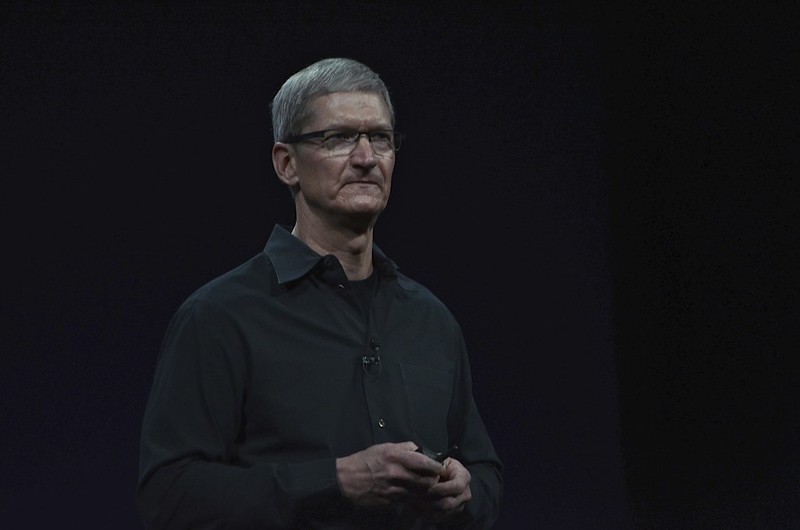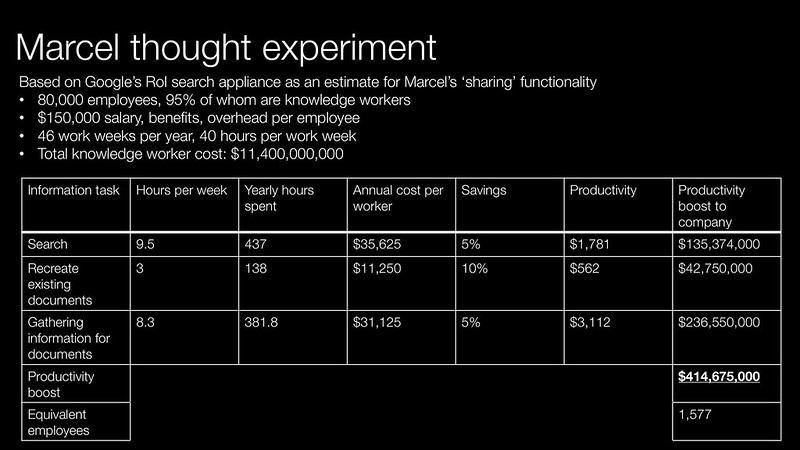PR firm Bell Pottinger has got entangled in a mess of the South African government and the Gupta family. More people have written about this in depth, so I will just link to them at the bottom of the post.
Here’s some thoughts on it all
There but for the grace of God go I – must have reverberated through the minds of at least some corporate communications and public affairs professionals. There is a tension between finding clients that have needs and are willing to pay for high-powered counsel versus the risk that the world may come down on you.
That’s the risk you take when you work with businesses that are involved in sensitive areas or at the edge of the law:
- Businesses looking down the barrel of antitrust regulation like Google or Qualcomm
- Businesses involved in the ‘carbon economy’ – Edelman had previously worked for coal producers and fracking projects until they came under sustained attack
- Big food and big agri: McDonalds, PepsiCo, Coca-Cola are all targets. Monsanto has been of concern due to GM crops
- Mining
- Multinationals doing business in sensitive countries like Myanmar
- Defence
- Questionable regimes: Ketchum’s work with Russia is the stand out example or H+K Strategies arrangement of the deceptive ‘Nayirah’ testimony which played a big part in getting the US government behind the first Gulf War
Your business is at the mercy of pressure groups and the wider media agenda.
But that’s also the reason why I think that Bell Pottinger can survive IF they can hunker down and weather the storm. There will always be a demand for organisations and individuals who want to launder their reputation or argue the unpopular side of an argument.
Even if PR agencies aren’t doing it, organisations that sit at the nexus of business and security will likely step into the breach bringing the necessary PR skills on board.
As a PR person, is it the kind of work I would like to do? No, but then I am a brand marketer; corporate communications was something I could do, but didn’t particularly enjoy doing. I could see the attraction of the work as it would be financially very lucrative and there would be the opportunity for business travel and ‘war stories’ from the office to talk about at dinner parties.
It’s magical thinking if you expect ‘unethical’ clients to suddenly be denied representation. This will be even more the case as the US multilateral world view is challenged by China’s more transactional approach. We’re currently living in a golden age for NGOs and NFPs – it would be unrealistic to think that it will continue this way.
In the grand scheme of things, the PRCA censure won’t mean that much, its a bigger move for the UK PR industry; showing that it can muck out its own stables. From Bell Pottinger’s longer term perspective it won’t mean much because of the divided nature of PR industry representation. As individuals PRs can sign up to be members of the CIPR (Chartered Institute of Public Relations). The PRCA primarily represents agencies (although it has started to offer individual consultant accreditation). The key benefit is an ISO-9000 type accreditation for agency management systems. It wouldn’t be that hard for a member agency to set-up and get ISO-9000 accreditation and maintain it. If there are enough practitioners working at Bell Pottinger, they can highlight their staffs professional status as members of the CIPR.
That Tim Bell interview: if you haven’t seen it, have a good watch. I can see this being used in broadcast media training for a good while. It’s the first time I’d ever seen Sir Tim in anything more casual than formal business wear.
His mannerisms are odd in places, particularly at the beginning. His answers are odd. For example, when asked what went wrong he quoted Sir Walter Scott, which made him look literate but arrogant. Given that he went on there for a reason, presumably to put as much distance between himself and the mess – it was an ideal opportunity to land his side of the story in a précis.
His phone rings, he declines the call and then shows the interviewer his phone screen. Why din’t he mute his phone or shut it down at this point and why did he want the journalist to see who had called? He then gets a message on his phone and a second call. Only on the second ring does he finally silences the phone.
Chris Geoghegan is the non-executive director of a number of prominent UK companies, an ex-BAE Systems executive and the father of Victoria Geoghegan. Whilst he wouldn’t be best pleased with the current situation, Bell doxes him on the UK’s most prominent news programme. Geoghegan had been mentioned in an op-ed of a South African publication, but had been largely ignored in most of the press coverage surrounding the Bell Pottinger scandal. Whilst it won’t be anything new to a board doing their due diligence it might drive sniggering down the country club. Bell didn’t need to volunteer the information, he chose to do so.
The smoking gun emails – after Henderson had resigned as CEO of Bell Pottinger, the BBC interviewer questions Bell about two (presumably new) emails that seems to be at odds with his own claim that he recommended they not take the work as Bell Pottinger had a client conflict. You can see this after 1:15.
For a piece of business that’s a conflict of interest, the January correspondence is a very odd email. I can understand him saying that the meeting was successful. But then he goes on to talk about the revenue opportunity and how he will personally oversee the project.
By April why would Lord Bell be still offering advice on the account if he believed it to be a conflict of interest? His excuse for this was getting back into business after having a stroke.
Bell puts the blame squarely at the door of James Henderson. UK media coverage implied that the schism between Bell and Henderson went beyond the Gupta business. So Bell might have a bigger axe to grind and Guptagate is just a handy vehicle.
Lord Bell then talks down the future prospects of Bell Pottinger, it might be an overly pessimistic view. Bell has a new rival business, its in his interest to make Bell Pottinger’s problems even worse.
Whilst Bell Pottinger have problems in their London office, they have successful branches in Hong Kong and Singapore where this won’t matter as much IF (and its a big IF) they can hunker down and weather the current storm. The business could retrench, rebrand and survive.
The Guptas needed to be introduced to a good PR agency, after this every dictator, unpopular mega corporation and shady mogul will know where to go. If Bell Pottinger is no longer about, then there are any number of large corporate agencies or boutiques who will take their business.
More information
Ketchum (Sort of, Not Really) Ends Its Relationship with Vladimir Putin | AdWeek
Deception on Capitol Hill – New York Times
Edelman and Media Zoo PR targeted by anti-fracking protestors | PR Week
Guptagate: Who Are The Family At The Center Of South Africa’s Political Storm? | Newsweek
Op-Ed: The Invasion of the Body Snatchers – a weekend edition | Daily Maverick
Christopher Vincent Geoghegan BA (Hons), FRAES | Bloomberg Research.
How China Aims to Limit the West’s Global Influence – NYTimes.com
PR industry reads last rites for scandal-hit Bell Pottinger | FT
Battle of the spin doctors: Bell Pottinger PR titan quits over race hate dirty tricks campaign despite saying it wasn’t his fault | Mail Online

